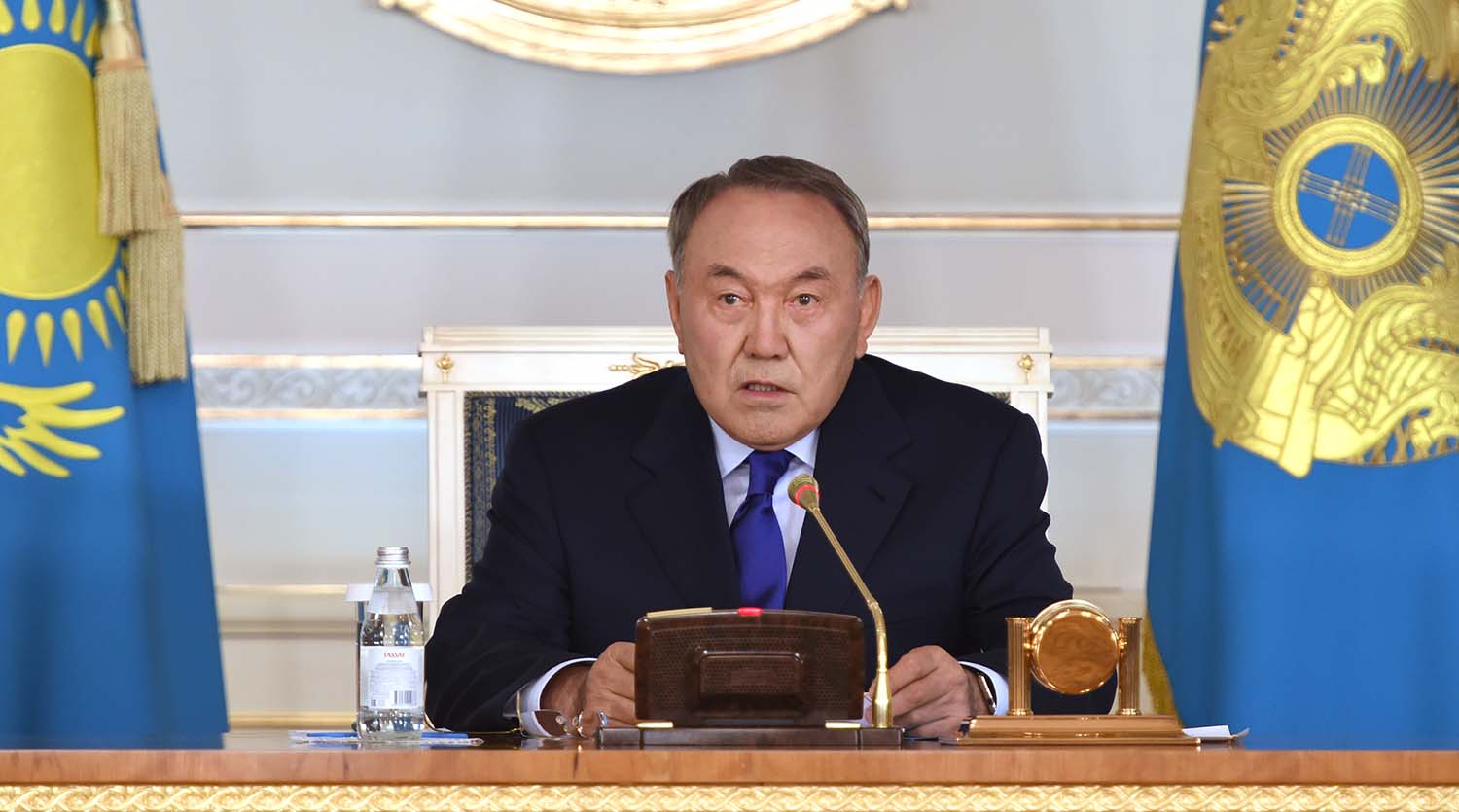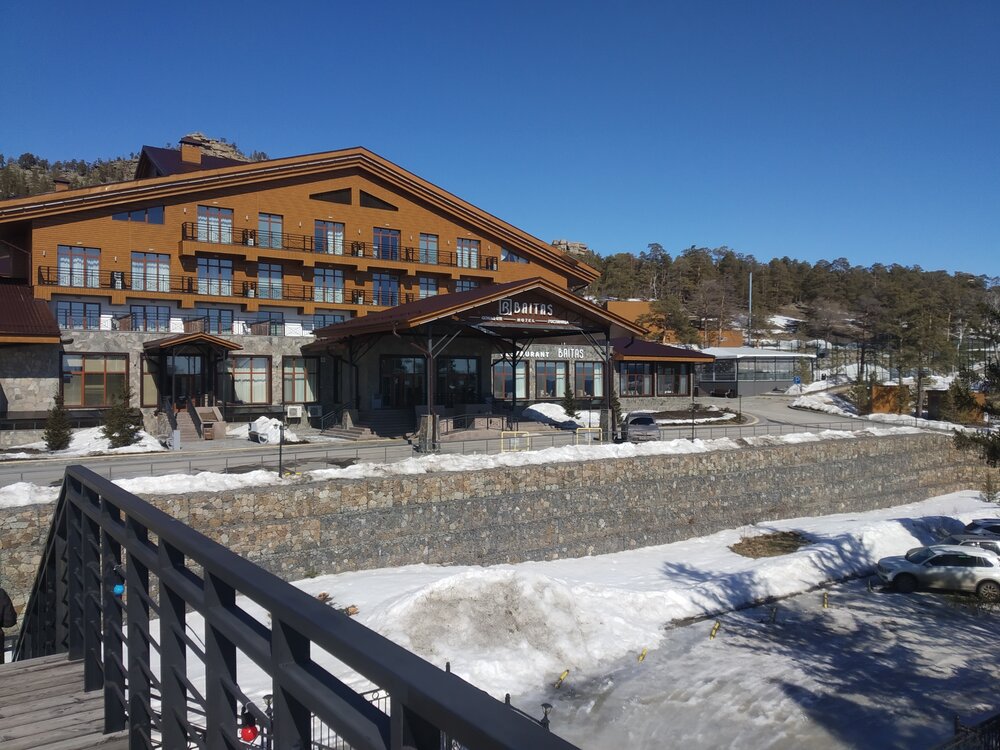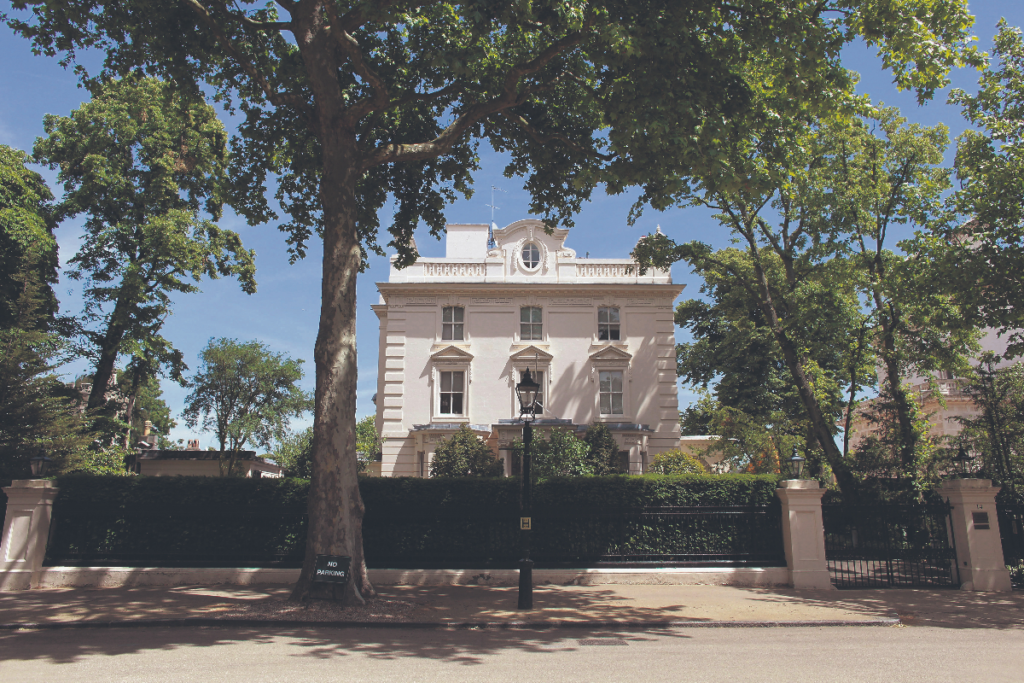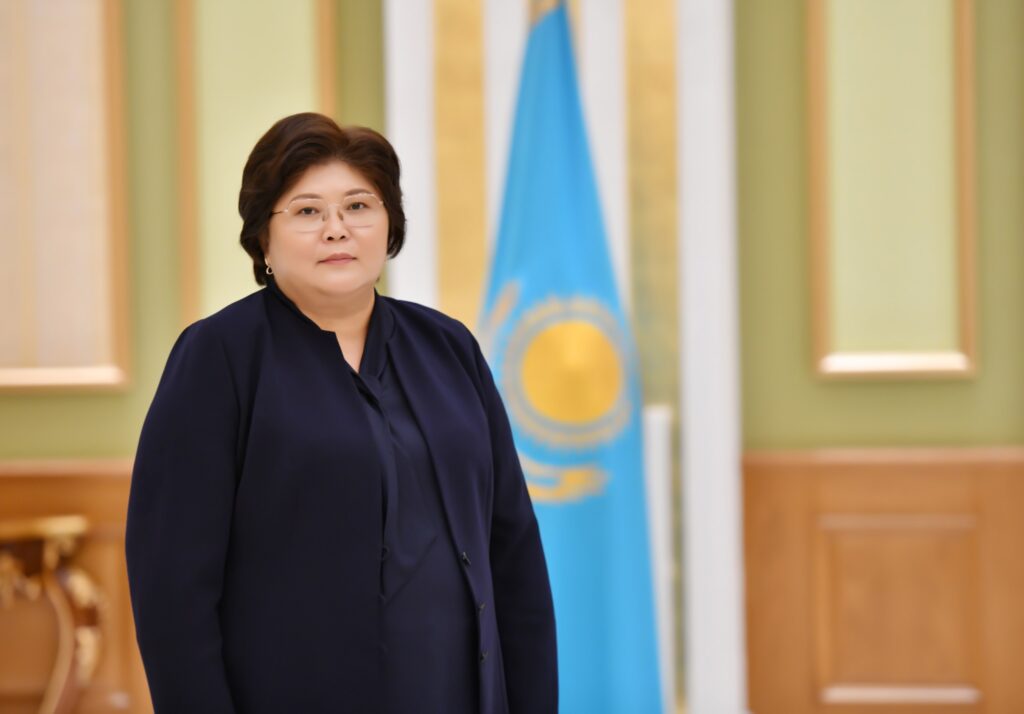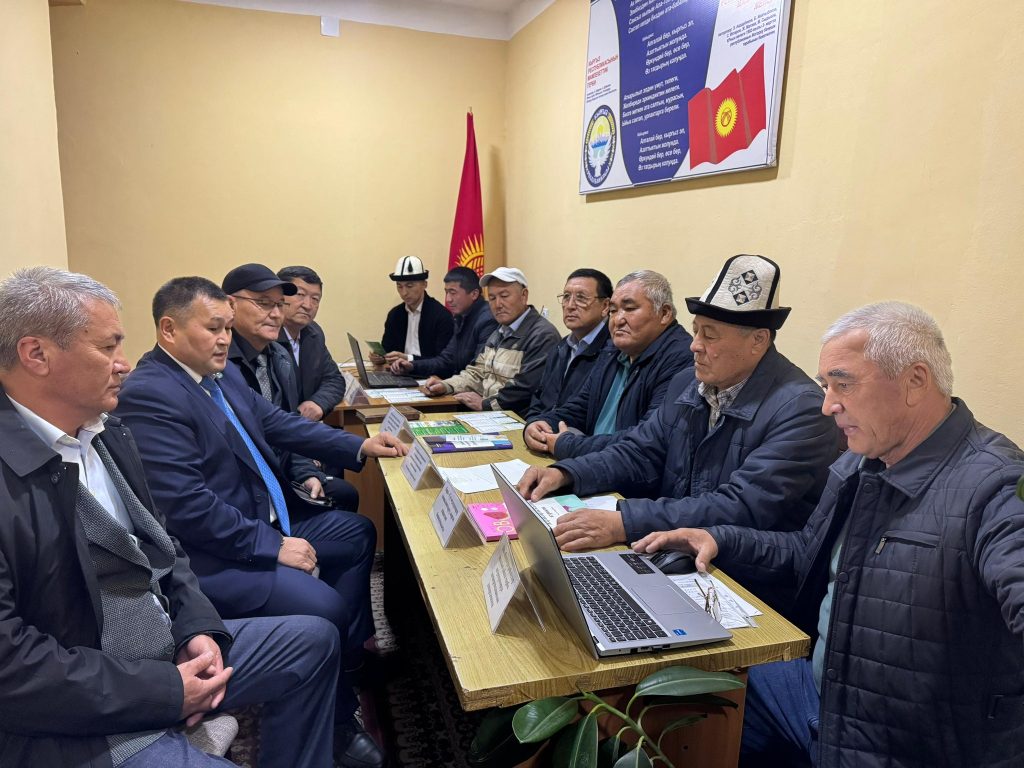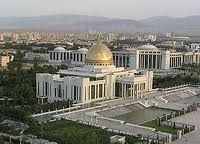ASTANA (TCA) — Kazakhstan President Nursultan Nazarbayev has said he will delegate some of his sweeping powers to Parliament and to Government as he transforms his own leadership into a role he described as “supreme arbiter”, RFE/RL reports.
Nazarbayev made the remarks in his televised address to the citizens of Kazakhstan late on January 25, saying that constitutional amendments and other legislation had been drafted by a working group he appointed earlier in January.
According to the draft amendments, Nazarbayev said, Parliament would be empowered to choose the prime minister and Government ministers.
Currently, Kazakhstan’s prime minister is nominated by the president and approved by parliament. The prime minister then selects the cabinet, and those choices must be approved by the president.
Nazarbayev’s Nur Otan party dominates Parliament and there are no serious opposition parties.
Nazarbayev said the new constitutional amendments would also give Government ministers more power and responsibilities to manage social and economic development in Kazakhstan.
He said Parliament’s control over the Government would be increased by giving lawmakers the authority to hold a “vote of no confidence” on a sitting cabinet.
Nazarbayev said: “The role of the president — who will focus mainly on strategic matters, foreign policy and national security — will be that of a supreme arbiter in relations” between branches of government.
He said the point of the proposed reforms was to create “a serious redistribution of powers and democratization of the political system as a whole.”
But political analysts say the moves could also facilitate an eventual political transition.
They say devolving some presidential powers would make it easier for Kazakhstan’s political elite to manage a succession by splitting key roles between different figures rather than allowing one successor to concentrate power in his or her hands.
One of Kazakhstan’s few remaining opposition politicians, Amirzhan Kosanov, described the draft amendments as “the beginning of ‘Operation Successor.'”
“Groups within the elite will split power among themselves,” Kosanov said on January 25. “[Informal] clans have become strong enough and they want their share of power in the post-Nazarbayev era as a means to protect their wealth.”
The 76-year-old Nazarbayev has ruled Kazakhstan since 1989 when it was still a Soviet republic.
